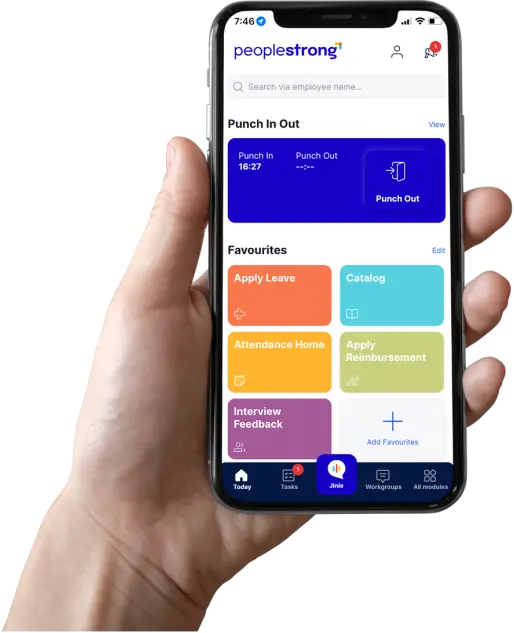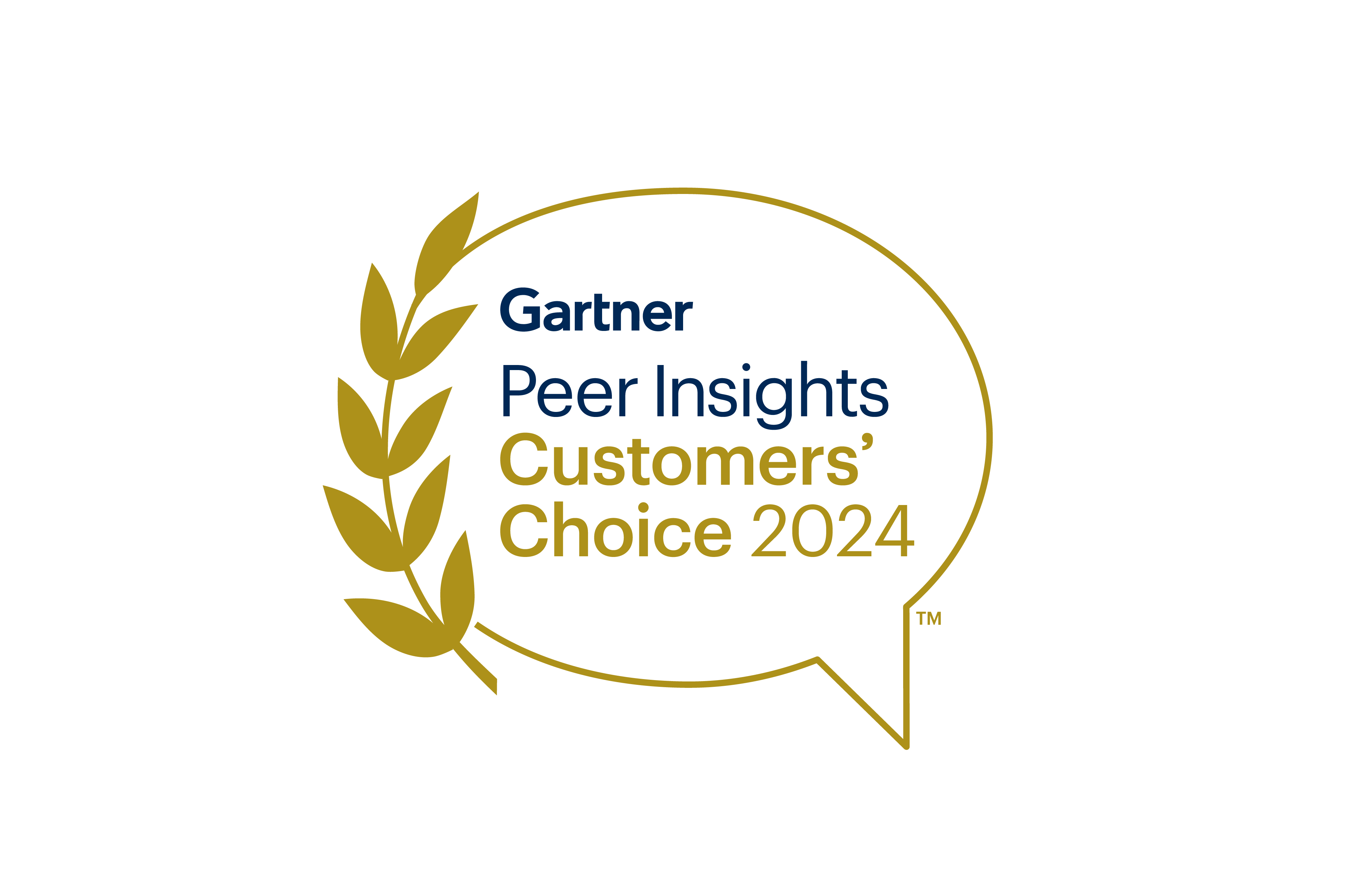Harnessing meaningful insights out of data using artificial intelligence was once considered to be a prowess possessed by large enterprises alone.
In order to outperform and connect with the right audience at the right time, becoming data-driven is the new normal for success. But how to turn your data into actionable insights and stay ahead in the Business 4.0 revolution?
The Goliath called data
A research carried out by predicts a 50.1 percent compounded annual growth rate for global spending on AI, reaching USD 57.6 billion by 2021.
Now it must be noted that for AI to work its magic and benefit organizations, both large and small, the key lies in data liquidity. With the enterprise waking up to the enormous potential of social and IoT, we are seeing volume, velocity and variety of data never witnessed before.
Quite recently, the global tech space witnessed a significant acquisition that clearly reveals the appetite for prodigious data crunchers. CRM giant Salesforce acquired Tableau Software in an all-stock, USD 15.7 billion deal. In the week preceding this landmark acquisition, Google spent USD 2.6 billion to buy intelligence and analytics ace Looker.
An MIT Sloan Management Review reveals that 67 percent of organizations aggressively leveraging analytics hold a competitive edge over their relatively-sluggish counterparts.
And it’s not just the enterprise that’s realized the potential of AI and ML. The Indian government, in the last budget, allocated USD 480 million towards AI, ML and IoT.
In fact, the growing importance of analytics and data in organizations has left an impact on corporate hierarchy as well. The recent past has seen the emergence of Chief Digital Officers and Chief Data Officers – functions that were once considered to be the CIO’s prerogative.
We are living in the age of big data which is growing at a humungous pace. 90 percent of the all data has been created in the last two years itself. In 2012, only 0.5 percent of the data was analysed and not much has changed since then. It is becoming more and more competitive to sustain and grow a business.
To get that edge over others, we need insights from the already generated historical data. The insights can help us understand, what worked really well and what went wrong. With the help of AI, you can even get suggestions and recommendations on how to correct or mend what was wrong, in turn accelerating business growth.
We know the data is getting generated at an unbelievable rate but it is coming from disparate systems. The first challenge in analysing the data is how to collate and bring it under one umbrella for analysis. The importance of metadata too cannot be ignored as it can help you get actionable insights. Traditional products like Excel and SQL cannot handle such a huge amount of data for analytics. New age system data needs a newer way of storing and handling large data sets. This is where data lakes were created that can store unstructured, semi-structured and unstructured data.
Data from any business or enterprise system can flow into the data lake. The data can be pre-processed or can get processed on demand, which does not require a lot of time. Once the data combined from multiple sources is processed and connected together – it can be analysed.
The Holy Trinity of Hindsight, Insight and Foresight
Analytics is essentially about hindsight, insight and foresight. Hindsight visualisations can help you see what has happened.
Insights help you deduce an understanding of why it has happened based on the historical data from various systems.
Last but not the least, in foresight, the AI that learns from the historical data can help you predict what might happen in future.
In no way, does the AI model tell you that the future is good or bad. However, based on what has happened in the past, it just implies there is a good chance that what it predicts will happen in the future. Now that we know what happened and also what may happen, we can either accelerate what is working well or course correct to be able to generate more business.
The Journey has begun but it is not over yet
The steep competition, continuous disruption and shortage of right talent has made analytics a necessity. Companies that are not looking at data to make decisions will be left high and dry, and may ultimately end up losing it all.
Now that analytics has become a core requirement to run a business, leveraging a tool that can do groundwork for business people to do heavy lifting of visualisation, without technical knowledge as a prerequisite, is a rare feat.
Businesses need a tool that can collect data from disconnected systems, process data, store multiple data formats, allow easy visualisation UI and also has the capability to run machine learning models.
Not just this, but keeping data security and user privacy at the center of analytics is a must. The security capabilities should allow restricted role based access to data and analytics. The role access should happen automatically based on the organisational hierarchy, without the need to configure it for every user.
Are you investing in making strategic business decisions? If yes, then remember data is a lot less important than what DS practitioners believe, and exponentially more important than what leadership believes. Invest in creating a culture which brings them together and makes insights actionable than just chasing the wrong metrics.
According to IDC, by 2020, 50 percent of the Global 2000 will see much of their business depend on their ability to create digitally-enhanced products, services, and experiences. And this holds true for not only external, but also internal customers – your employees.
Building a digitally native enterprise based upon the foundation of mindful transformation, 3rd platform technology, and strong IT leadership, is key for success in the new digital economy, spotlights research firm IDC.
The article is authored by Harsimran Walia, AVP-Artificial Intelligence, PeopleStrong
This article was published on CIO.












